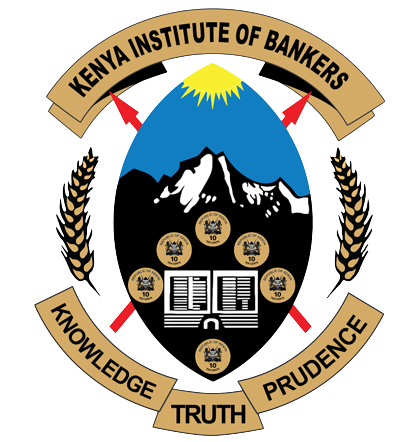kib qualifications
Advanced Diploma in banking
The Associate Examinations covers a wide range of subjects in the Banking and Financial Services industry. Successful completion of the examination leads to the award of the highest Banking Diploma (Associateship Certificate) which is also the highest and final level of any professional banking qualification in Kenya. Holders of the Associateship Certificate are designated as “Associate of the Kenya Institute of Bankers”, AKIB. This designation is very important as far as the Financial Services sector is concerned. The Associateship qualification provides a person who has chosen banking as a career, a strong foundation for further advancement. The person is required to elect nine units while seven units are mandatory and two units are optional.
Exam Registration Deadline:
| May Exams: 12th March, 2021
| October Exams: 10th September, 2021
Candidates can attempt the subjects in any order. Candidates pursuing Advanced Diploma in Banking & Finance, can also attempt any number of subjects desired with a minimum of two. The duration of the course is determined by how many subjects one takes per sitting.
